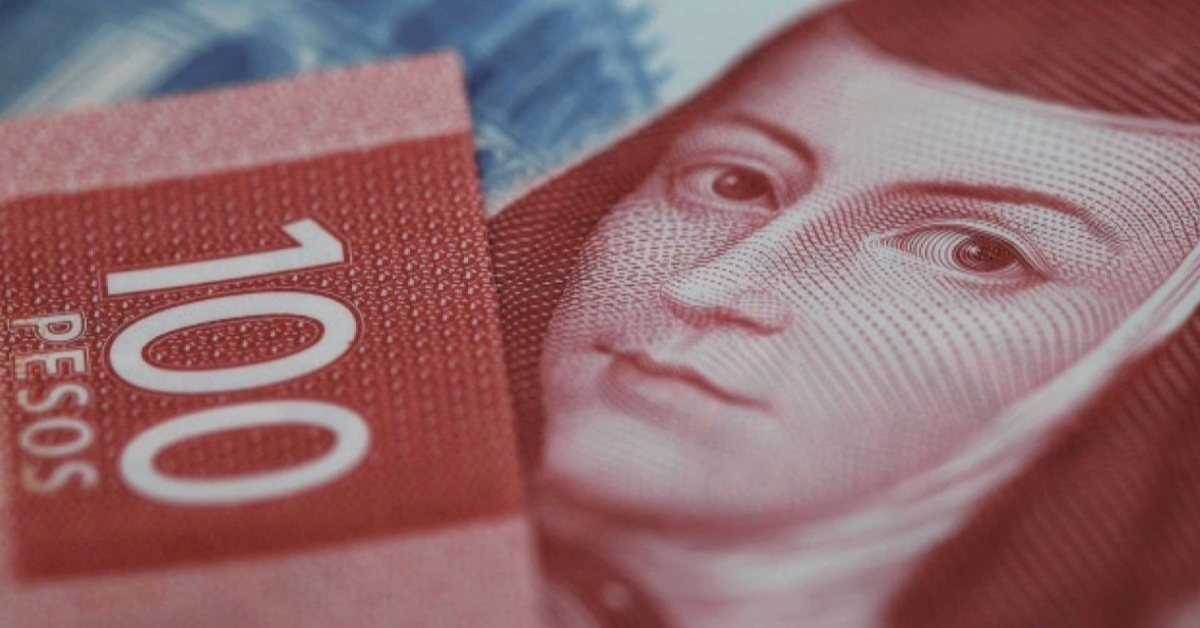Puerto Vallarta, Mexico - The Mexican peso extended losses on Wednesday morning after the Chamber of Deputies approved, in general terms, a controversial judicial reform backed by President Andrés Manuel López Obrador. The reform, which includes a provision to elect judges, magistrates, and ministers of the Supreme Court by popular vote, has raised concerns among investors and market analysts.






